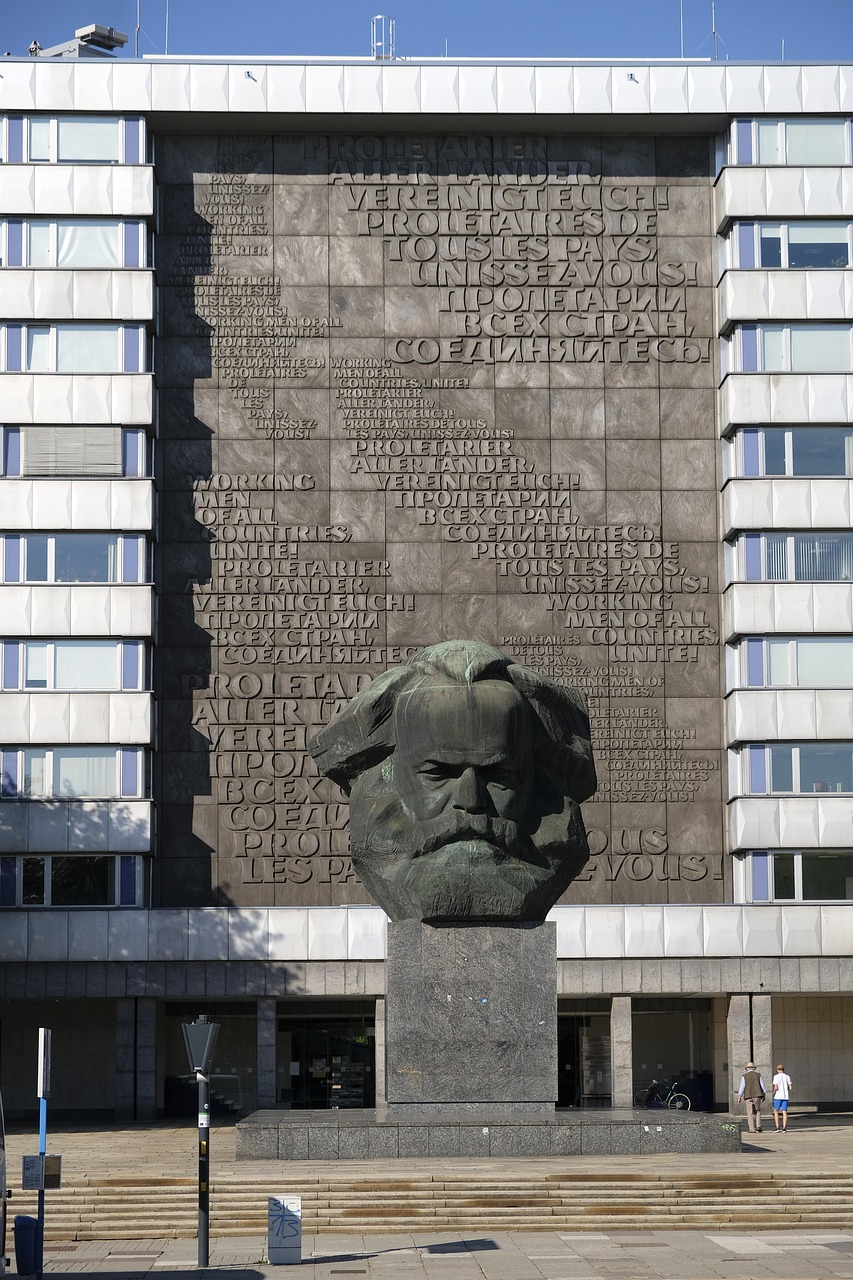According to the annual audit of political engagement conducted by the Hansard Society, a growing number of British voters have lost confidence in parliament, are pessimistic about the state of the country, and believe that the main political parties are unable to serve the UK’s best interests. It shouldn’t come as a surprise to anyone that the Brexit process has taken a heavy toll on political credibility.
In 2010, the result of the general election was a hung parliament, and we ended up with the Con-Lib coalition. In 2015, the Conservatives surprised everyone and scraped a majority, after our antiquated electoral system rewarded four million Ukip voters – a third of the total share – with just one MP. And in 2017, Theresa May’s ill-fated campaign left Britain with another hung parliament, resulting in the current confidence and supply agreement with the DUP.
Judging by the past three elections, the current realignment taking place in British politics with Change UK and the Brexit Party means that we’re in for a decade of hung parliaments, with general elections taking place more frequently. And while Brexit isn’t the cause of this realignment, it has become a potent catalyst.
In 2015, Dan Hodges argued in the Telegraph that the first past the post electoral system was valued by the British because it acts as a “padlock on extremism and superficiality”. Indeed, the adjectives “extreme” and “superficial” are not too dissimilar from what commentators who aren’t as sensible or measured as Hodges have used to describe those who campaigned for Brexit – and the 17.4 million British voters who chose to back it.
The mindset behind the backlash to the Brexit vote, which was the biggest act of democracy this country has ever seen, is simple: the people can’t be trusted.
And the actions and conduct of our MPs since that historic vote will lead to voters increasingly concluding that whichever way they vote in elections or referendums, their representatives will simply ignore them if they don’t like the result. What sort of message does that send to people who have always been sceptical about placing their trust in politicians? After all, the vote was taken after a campaign in which many millions – some of whom were voting for the very first time – were told that June the 23rd really mattered, that it was a “once-in-a-generation opportunity”.
But far from influencing genuine change, parliament has failed to implement what the electorate decided. Almost three years on from the referendum result, trust in politicians is now lower than it was after the expenses scandal. It’s clear that parliament itself needs a fundamental shake-up.
In the era of the on-demand economy, when we’re able to make an informed decision about a range of products and services in a matter of minutes, why should political elections be any different?
Before the fissures of recent years, millions of voters have long felt unrepresented. The vast majority of votes cast have no impact on who is chosen in any given area, and millions feel obliged to vote tactically to make their vote count.
In the age of choice, voting for one of the two major parties as broad coalitions with two very different ideological branches is unsustainable. People want – and are entitled – to know what they’re getting. The glue of party loyalty that used to hold broad churches together is coming unstuck.
Indeed, the arguments in favour of retaining the status quo don’t add up. For example, suggesting that voters are too foolish to have a meaningful vote on anything other than the Conservatives or Labour is as dangerous as it is insulting.
The fear behind such an argument is that the process could lead to a coalition in which Jeremy Corbyn has to hop into bed with the Lib Dems or the SNP, or the Conservatives with the Brexit Party. In other words, if we dare to give voters a genuine choice at the ballot box, power might shift away from the Guardian-reading intelligentsia and Tory paternalists.
The case against greater choice is built on snobbery and condescension – the belief that people just don’t know what’s good for them. The fact that there are only ever two realistic options and then a few other candidates who don’t actually stand a chance shows that voters only really have the illusion of choice. When push comes to shove, they are presented with a decision between a rock and a hard place – the real power is left to those who “know best”.
A system based on proportional representation would be far more democratic and would represent the kind of future we voted for with Brexit. For those who argue against PR, the greatest threat is not the impact on our political discourse, but to the very existence of our two-party system. Yet such a system has proved utterly incompetent, and its downfall cannot come soon enough. And given the Hansard Society’s polling, the electorate certainly won’t shed tears either.
Electoral reform, however, does not have to include votes for children. If the law says that a 16-year-old is not old enough to be trusted on a sunbed, to get a piercing, or to smoke a cigarette, then the inference is that some decisions must be left to adults – that surely must include deciding the future of our nation. So let’s maintain the voting age at the point of adulthood, but let’s finally give those adults a genuine choice.















